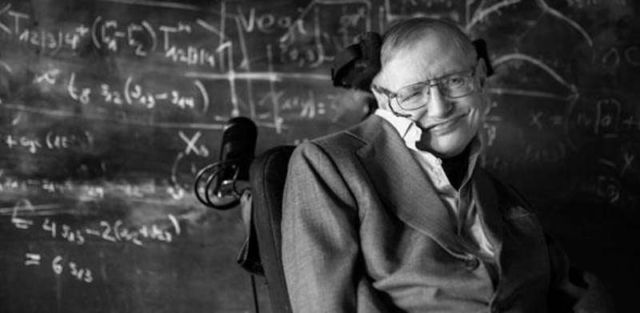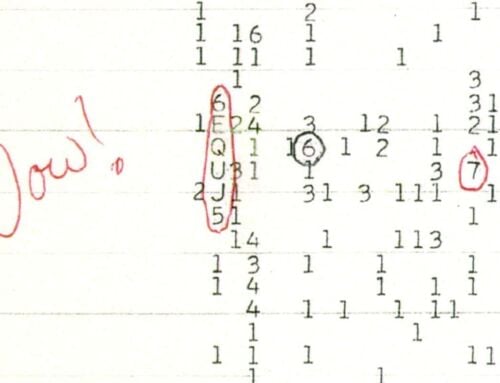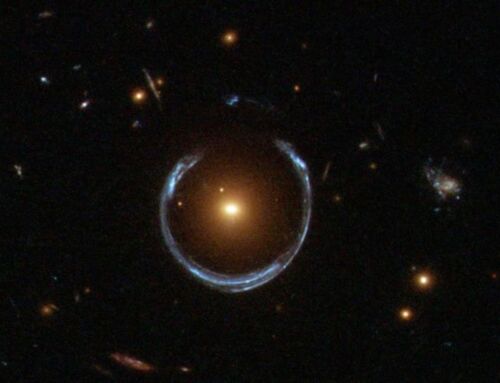Professor Stephen Hawking’s final theory on the origin of the Universe in collaboration with Professor Thomas Hertog from KU Leuven, just published.
The theory published in the Journal of High Energy Physics, is based on string theory and predicts the universe is finite and far simpler than many current theories about the big bang.
Professor Hertog, whose work has been supported by the European Research Council, first announced the new theory at a conference at the University of Cambridge in July of last year, organised on the occasion of Professor Hawking’s 75th birthday.
Modern theories of the big bang predict that our local universe came into existence with a brief burst of inflation – in other words, a tiny fraction of a second after the big bang itself, the universe expanded at an exponential rate. It is widely believed, however, that once inflation starts, there are regions where it never stops. It is thought that quantum effects can keep inflation going forever in some regions of the universe so that globally, inflation is eternal. The observable part of our universe would then be just a hospitable pocket universe, a region in which inflation has ended and stars and galaxies formed.
Hawking in an interview last autumn, said:
“The usual theory of eternal inflation predicts that globally our universe is like an infinite fractal, with a mosaic of different pocket universes, separated by an inflating ocean. The local laws of physics and chemistry can differ from one pocket universe to another, which together would form a multiverse. But I have never been a fan of the multiverse. If the scale of different universes in the multiverse is large or infinite the theory can’t be tested.”
source University of Cambridge






Leave A Comment